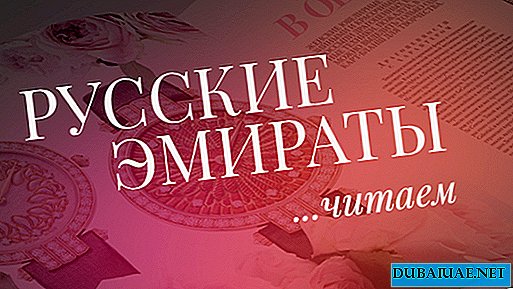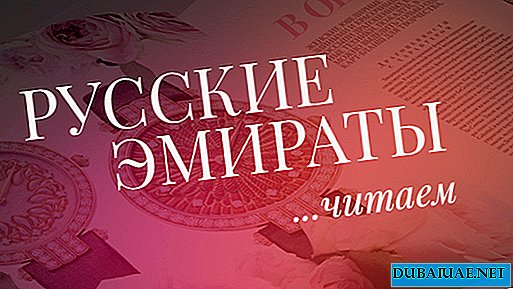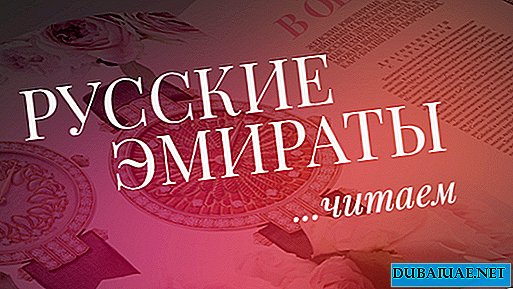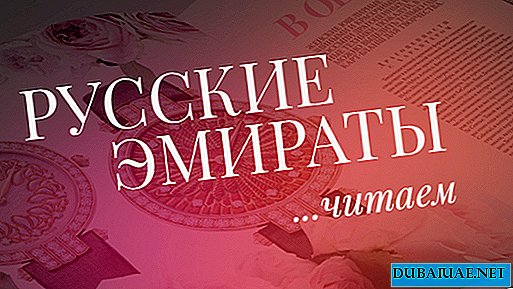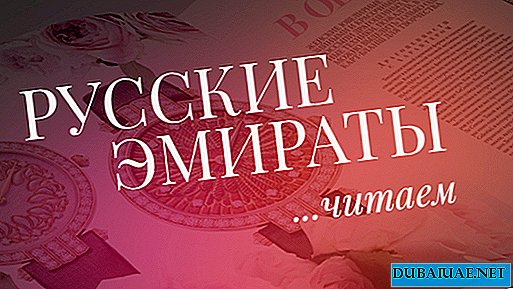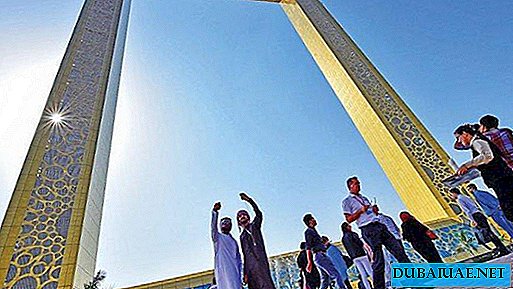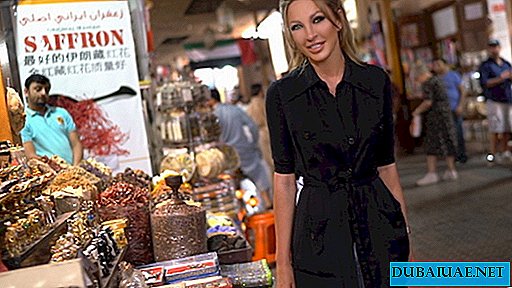The history of spices is almost as ancient as human civilization. Spices were originally one of the most valuable commodities in ancient and medieval times. They accompanied humanity in a series of conquests, the discovery of new lands, the construction and destruction of empires, the ups and downs of great rulers.


As early as 3500 BC, the ancient Egyptians used various seasonings to flavor food, cosmetics and embalming. Spices spread throughout the Middle East from caravans from China, Indonesia, India and Ceylon. For nearly 5,000 years, influential Arabs controlled the spice trade until European researchers discovered the sea route to India and other spice producing countries in the East.
We can say that it was the search for cheaper oriental spices that led to the great era of research and the discovery of the New World. European mariners such as Ferdinand Magellan, Vasco da Gama and Bartolomeu Diaz set off on their long voyages to find the shortest route to spice-rich countries. So, at the sunset of the 15th century Vasco da Gama returned from his dangerous journey to the East with a load of nutmegs, cloves, cinnamon and ginger, which marked a completely new era for the gastronomic market in Europe.

But back to the Middle East, in the heart of Dubai. Ask the locals where you should go for rare, exotic and valuable spices, the answer will be one - the old spice market or Dubai Spice Souk. And it's hard to argue with that. Dubai may be known today all over the world as the city of the largest and richest shopping centers, but its true soul is hiding in traditional bazaars and markets with an incredibly rich history, each of which specializes in one product or category of products. In a city that has no equal in modern history in terms of fantastic development, there are some places that almost froze in the past or even the century before last. The spice market, as you might guess, is one such place. And this is wonderful! The name itself returns us to Ancient Arabia of the era of “One Thousand and One Nights” with its winding alleys, figures dressed in unusual clothes and rare goods and spices arriving from distant places on caravans from dhow boats and camels.
Take a deep breath when you get to the narrow alleys of the bazaar in Deira and enjoy the atmosphere and aromas of the past! Once here, you will be fascinated by mounds of aromatic herbs and spices, literally falling from large baskets at every step. You will find bags of spices, frankincense, rose petals and traditional medicines. It seems that there is absolutely everything that only human civilization has ever added to food!

Think for a second, this bazaar was formed in the 1850s! How much the world has changed over a century and a half, but it is still here, and, according to old-timers, has not changed much over the past 50 years. The oldest owners of spice shops remember the days when there were no luxurious skyscrapers, modern roads, or even electricity in Dubai. But this market stood and smelled. The late Sheikh Rashid bin Saeed Al Maktoum, the former ruler of Dubai, gladly came here in the evenings and spent long hours here.
So, what is this fabulous bazaar? Without a doubt, this is an unusual market: it is filled with the aroma of burning incense resins and colorful, deep smells of herbs and spices sold. Every few steps, you can meet a seller who will do everything possible for you to buy his goods. It is loud, chaotic here, but how wonderful it smells here!
While all your senses will be confused by the abundance of new smells, your task is to stock up on only the most necessary of countless herbs and spices. Some of them, such as cinnamon sticks, will be immediately recognizable. But be prepared for the fact that most of the products for visitors look like bags with magical, colorful powders, so the choice will be a difficult test.

Start with what you definitely love. For example, do you like herbal tea? The market sells all kinds of dried flowers that can only be used to make tea, including chrysanthemum, lavender and hibiscus. The latter, by the way, is full of vitamin C and antioxidants.
Do you know that by going to the spice market you can save yourself from visiting a pharmacy?
Spices contain the key to many ancient treatments, from skin diseases to digestive upsets. Did you know that saffron has been used in Chinese medicine to treat metabolic diseases, anemia, anxiety, and mental stress? The Arabs believed that he was able to relax the nervous system, and it is still used in traditional Arabic coffee. Cardamom is able to save a person from digestive problems and even depression. Turmeric contains curcumin, which is able to inhibit the growth of cancer cells. Capsaicin in paprika has an anti-inflammatory and antioxidant effect, which also reduces the risk of cancer. Ginger can relieve seasickness and nausea and relieve pain in some cases. In a word, no matter what complaints you get into this market, there is sure to be a centuries-old and aromatic treatment!
Starting your journey through the gastronomic map of the Middle East, listen to the book published by the World Trade Center in Dubai. The most popular spices in the cuisine of the Emirates are cardamom, cumin and coriander seeds, as well as cloves, nutmeg, cinnamon sticks, anise.

On the shelves of the bazaar you can find real jewels, which, in fact, are not so few in the world of spices, and their cost separately sometimes exceeds the most expensive dishes. The undisputed leader in this matter is saffron. Up to $ 6,000 can be requested per kilogram of this spice! According to the legends, the flower from the stamens of which saffron is extracted in India is a gift from the gods. The people of Chandara believe that saffron became a gift to the ancient sage from nomads, whose ruler he saved from death. One way or another, the production of 45 g of saffron requires from 50 to 75 thousand flowers or about 20 hours of complex, manual labor, hence the incredible cost of spices.
Another treasure that can be found in the bazaar must be familiar to you, or rather, its cheap substitutes. It's about vanilla, which is considered the second most expensive spice. Its cost reaches $ 200 per 45 grams. According to Totonaka mythology, the vanilla orchid first appeared thanks to the princess, whom her father forbade to marry a mortal. She fled to the forest with her lover, they were captured and beheaded. Where blood touched the ground, a vine and a tender orchid grew.

Let's go back to tea fillers and remedies. Cardamom, the “Queen of Spices” hailing from South West India, will also cost a lot. Thick green pods grown in South India are considered the best in the world. Green cardamom is available in pod form or in powder form. Due to its fame as an aphrodisiac, cardamom is often found in mythology in love spells. This magical herb was an ingredient in some ancient Egyptian incense and a widely used remedy for calming nerves.
Cloves are considered the fourth most expensive spice in the world. Legend has it that the Chinese ruler from the Han Empire back in the 3rd century BC demanded that all visitors chew on cloves to freshen their breath. Otherwise, counting on an audience with him was not necessary. Today, 50 grams of this spice is priced at more than $ 10.
All this and much more is on the Dubai market, if you search well. Pink pepper, galangal, sumak, makhleb, anardana - all these fabulous rarities served in the past to kings and conquerors in food, potions and perfumes are now available for any visitor to the bazaar.

My story about one of the most magical places of old Dubai, as if existing simultaneously in the world of modern skyscrapers and in the adventurous tales of “A Thousand and One Nights,” is coming to an end. I would like to complete it with this: although this heritage has been well preserved thanks to the efforts of the authorities, Spice Souq is gradually turning into one of the tourist attractions, because many types of spices can also be found on supermarket shelves. However, the traditional bazaar contains the three most important values that cannot be replaced: truly rare goods are sold here; the inimitable spirit of an Arabian tale reigns here; and - most importantly - there is a place for bargaining that adorns the atmosphere of the market and serves as a kind of time machine, instantly transporting guests hundreds of years ago.
This post has been prepared and published with company support. YZER Motors, Yzer yachts and Yzer property.


